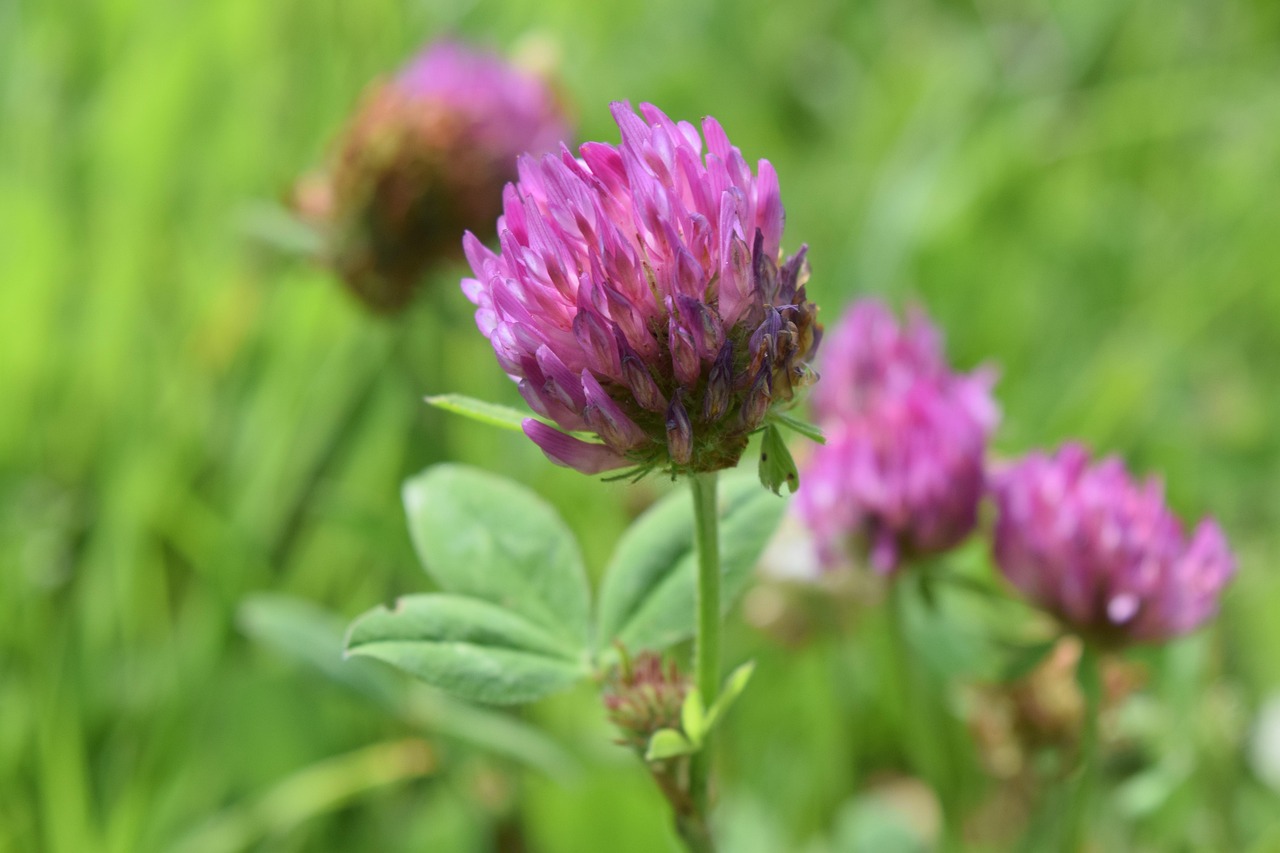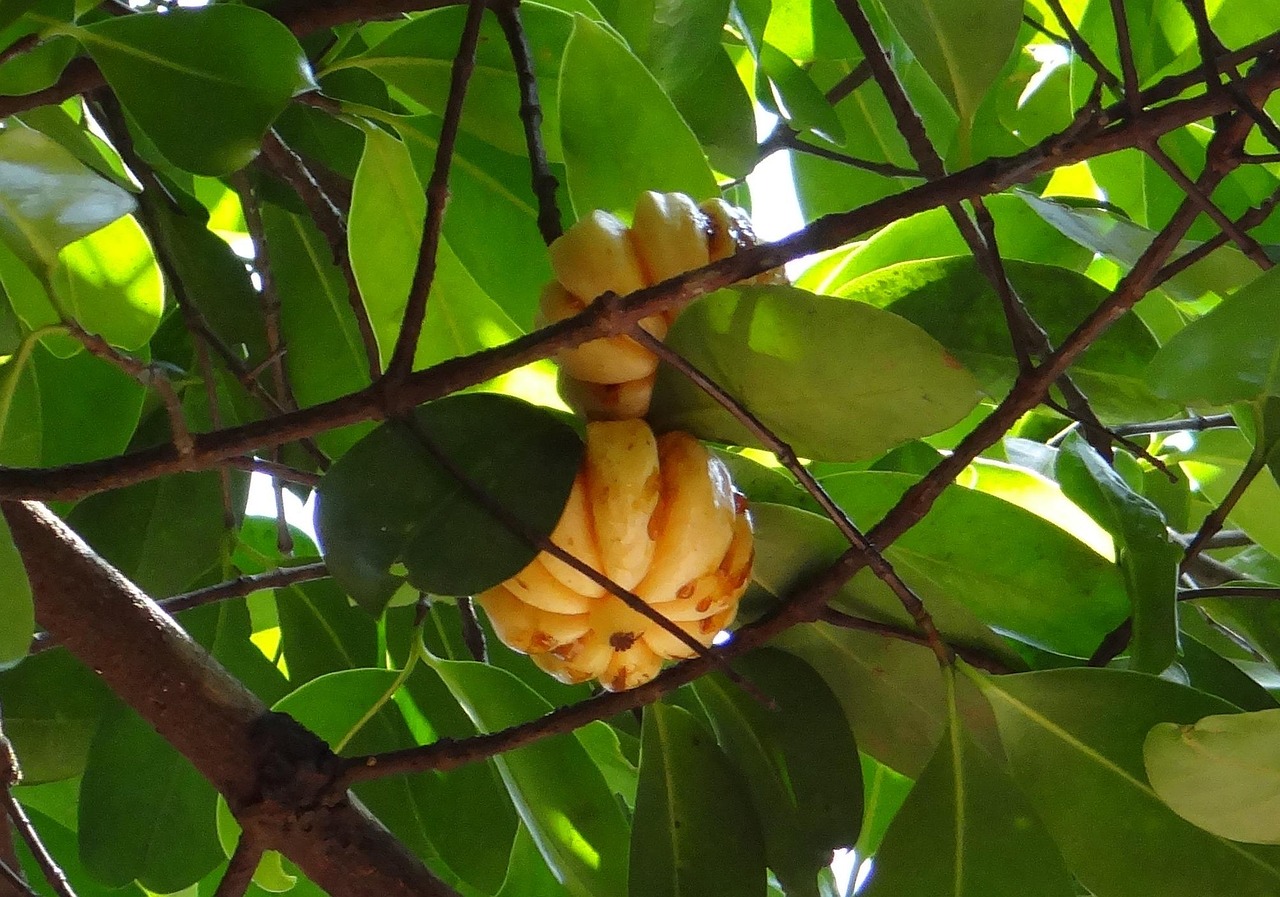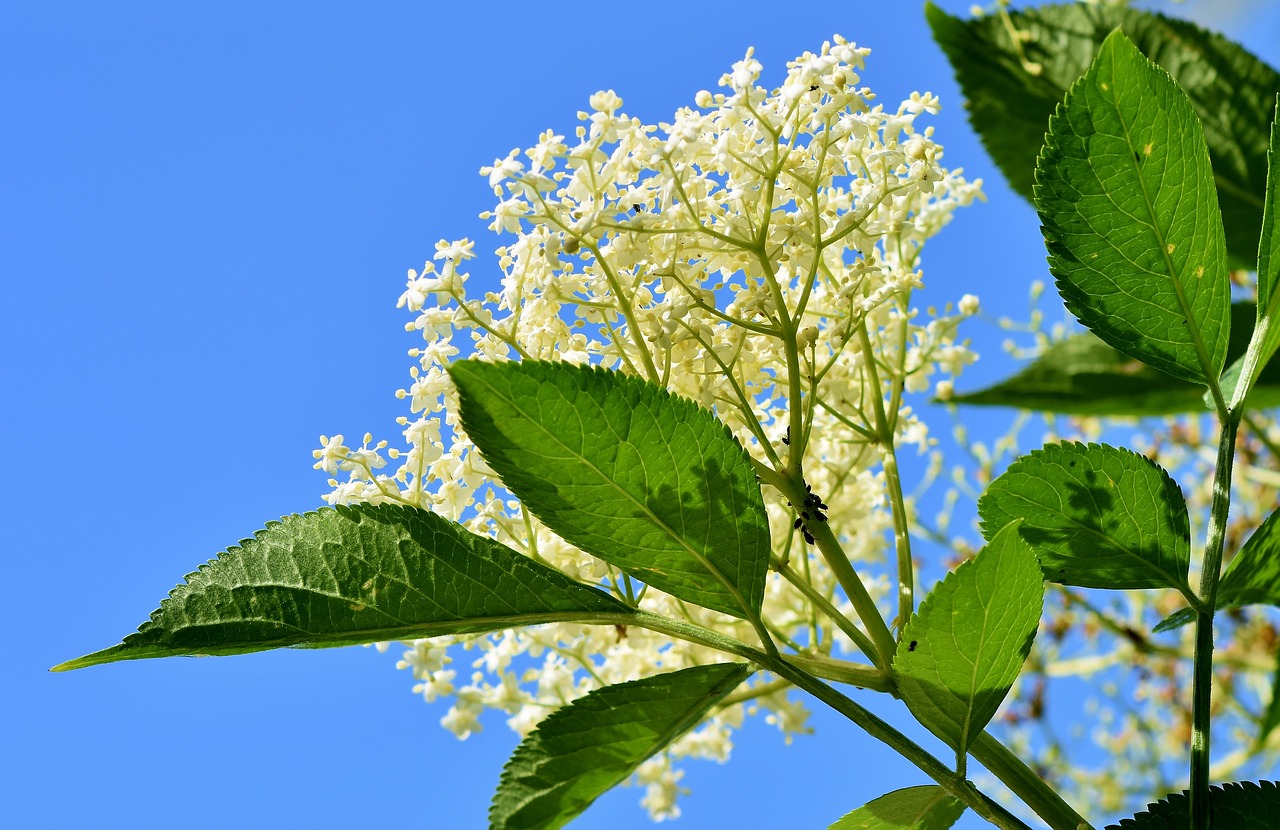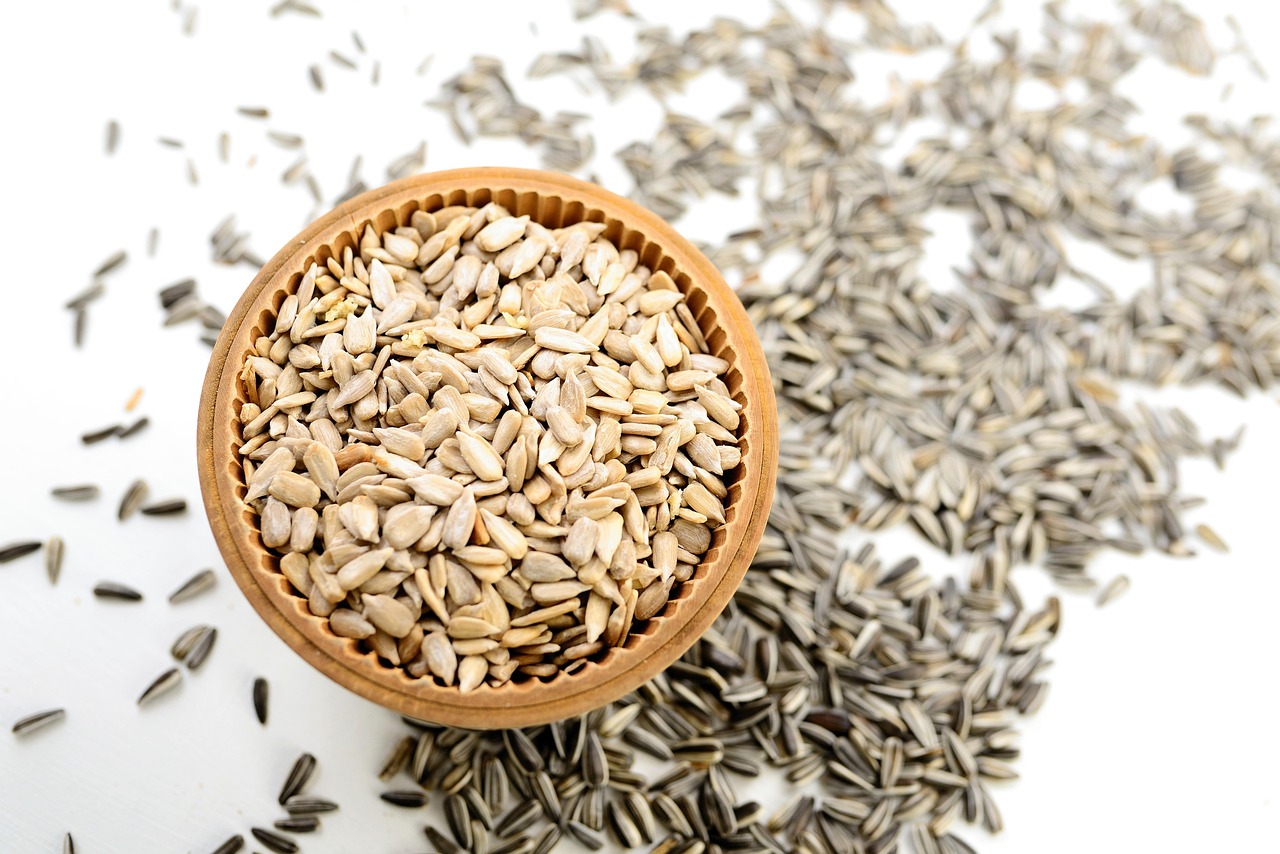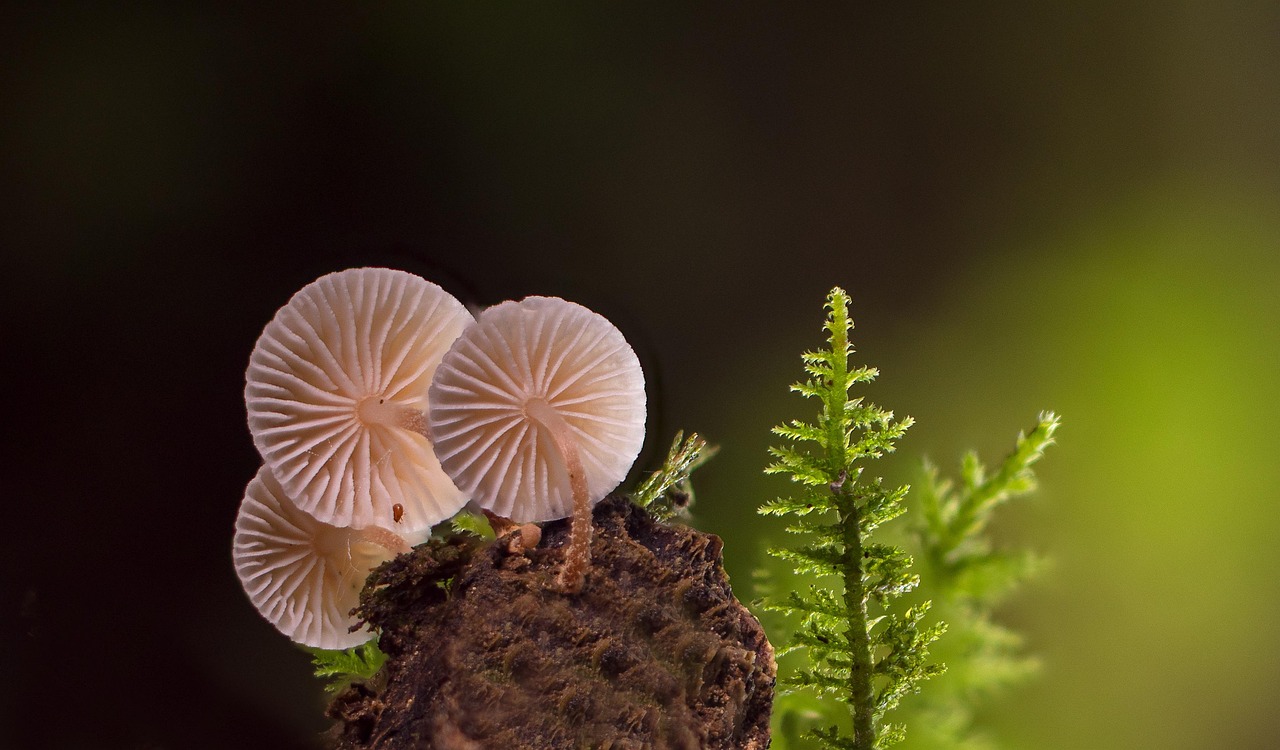This article explores the potential advantages of using black cohosh as a natural remedy for alleviating menopausal symptoms. Many women experience challenges such as hot flashes, mood swings, and sleep disturbances during this transitional phase of life. Black cohosh has gained popularity as a herbal supplement aimed at providing relief from these discomforts.
What is Black Cohosh?
Black cohosh is a flowering plant, scientifically known as Actaea racemosa, that has been utilized for centuries in traditional medicine. It is particularly recognized for its role in supporting women’s health, especially in addressing hormonal imbalances associated with menopause.
How Does Black Cohosh Work?
The mechanism of action of black cohosh is believed to involve its interaction with estrogen receptors in the body. This interaction may help mitigate the symptoms linked to menopause, providing a natural alternative for women seeking relief.
Active Compounds in Black Cohosh
The effectiveness of black cohosh can be attributed to its active compounds, such as triterpene glycosides and phenolic acids. These compounds are thought to influence hormonal activity, thereby aiding in the reduction of menopausal symptoms.
Scientific Studies Supporting Its Use
Numerous clinical trials have examined the efficacy of black cohosh. Research indicates that it can significantly reduce the frequency and severity of hot flashes while enhancing overall well-being during menopause.
Potential Side Effects
While black cohosh is generally considered safe, some individuals may experience mild side effects, including gastrointestinal upset or headaches. It is essential to be aware of these potential effects to ensure safe usage.
Dosage Recommendations
The appropriate dosage of black cohosh is crucial for achieving its benefits. Most studies recommend a daily intake ranging from 20 to 80 mg. However, consulting a healthcare provider for personalized advice is advisable.
Black Cohosh vs. Other Remedies
When comparing black cohosh to other natural remedies for menopause, such as soy isoflavones and red clover, women can make informed decisions regarding their symptom management strategies.
Benefits of Black Cohosh Over Hormone Replacement Therapy (HRT)
Black cohosh serves as a natural alternative to hormone replacement therapy, potentially lowering the risk of associated side effects while effectively alleviating menopausal symptoms.
Integrating Black Cohosh into Your Routine
Incorporating black cohosh into daily life can be straightforward, whether through supplements, teas, or tinctures. Understanding the best methods for consumption can maximize its benefits.
Conclusion: Is Black Cohosh Right for You?
In conclusion, black cohosh presents a promising option for women seeking relief from menopausal symptoms. However, individual responses may vary, and it is advisable to consult a healthcare professional before starting any new treatment.

What is Black Cohosh?
Black cohosh, scientifically known as Actaea racemosa, is a perennial flowering plant native to North America. This plant has gained recognition for its medicinal properties, particularly in the realm of women’s health. Traditionally used by Indigenous peoples, black cohosh has been embraced in modern herbal medicine as a natural remedy for various hormonal issues.
Historically, black cohosh has been utilized to support hormonal balance during different stages of a woman’s life, especially during menopause. Its roots and rhizomes are the primary parts used for medicinal purposes, often prepared as extracts, capsules, or teas. The plant is characterized by its tall stalks, white flowers, and distinctive dark foliage, making it not only useful but also visually appealing in gardens.
One of the most notable aspects of black cohosh is its potential to alleviate symptoms associated with menopause. Women experiencing hot flashes, mood swings, and sleep disturbances may find relief through its use. The plant is believed to work by interacting with estrogen receptors in the body, helping to regulate hormonal fluctuations that contribute to these symptoms.
In addition to menopausal support, black cohosh has been researched for its effectiveness in treating other conditions such as premenstrual syndrome (PMS) and menstrual irregularities. Its versatility as a herbal remedy makes it a valuable addition to holistic health practices.
As interest in natural remedies continues to grow, black cohosh stands out for its long history of use and the ongoing research supporting its benefits. However, it is essential for individuals considering this herb to consult with healthcare professionals to ensure safe and appropriate use.
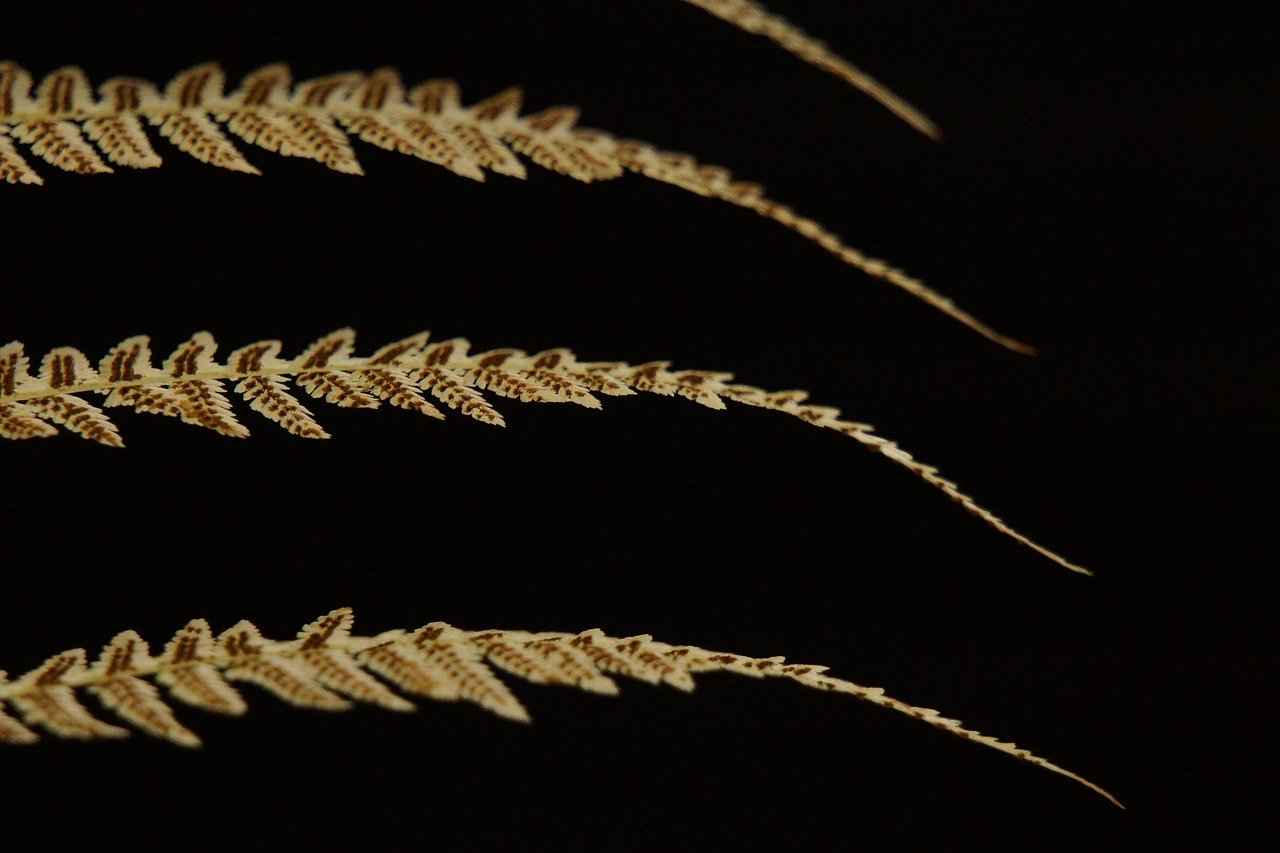
How Does Black Cohosh Work?
Understanding the mechanism of action of black cohosh is crucial for those seeking natural remedies for menopausal symptoms. This herb is believed to interact with estrogen receptors in the body, mimicking the effects of estrogen, which can be particularly beneficial during menopause when estrogen levels fluctuate significantly. By binding to these receptors, black cohosh may help alleviate symptoms such as hot flashes, night sweats, and mood swings.
Research indicates that black cohosh may influence the hypothalamus, the part of the brain responsible for regulating body temperature and hormonal balance. This action could help stabilize the body’s response to hormonal changes, providing relief from the uncomfortable symptoms associated with menopause.
In addition to its effects on estrogen receptors, black cohosh contains active compounds like triterpene glycosides and phenolic acids. These compounds are thought to have antioxidant properties and may contribute to the overall well-being of women experiencing menopausal symptoms. The synergistic effect of these compounds could enhance the body’s ability to cope with hormonal fluctuations.
Moreover, scientific studies have shown that black cohosh may not only reduce the frequency and severity of hot flashes but also improve sleep quality and emotional well-being. This holistic approach makes it a compelling option for women looking for natural alternatives to traditional hormone replacement therapy.
It is important to note that while many women report positive outcomes, individual responses to black cohosh can vary. Therefore, consulting a healthcare professional before starting any new treatment is advisable to ensure safety and effectiveness.
In summary, black cohosh’s interaction with estrogen receptors and its active compounds play a significant role in its ability to relieve menopausal symptoms, making it a valuable option for those seeking natural relief.
Active Compounds in Black Cohosh
The effectiveness of black cohosh is largely attributed to its unique active compounds, which play a significant role in its ability to alleviate menopausal symptoms. Among these compounds, triterpene glycosides and phenolic acids stand out due to their potential influence on hormonal activity.
Triterpene Glycosides: These compounds are believed to mimic the effects of estrogen in the body. By binding to estrogen receptors, they may help to modulate hormonal fluctuations that occur during menopause. This interaction can lead to a reduction in the frequency and intensity of hot flashes and other discomforting symptoms.
Phenolic Acids: Another vital component of black cohosh, phenolic acids, contribute to its antioxidant properties. These compounds can help combat oxidative stress, which is often heightened during menopause. By reducing oxidative damage, phenolic acids may also support overall well-being and improve mood, offering relief from mood swings commonly experienced during this transitional phase.
Research has shown that the combination of these active compounds can provide a synergistic effect, enhancing the overall efficacy of black cohosh as a natural remedy. Additionally, the herbal supplement is often well-tolerated, making it a popular choice among women seeking alternatives to traditional hormone replacement therapies.
In summary, the active compounds in black cohosh, particularly triterpene glycosides and phenolic acids, are key to its effectiveness in managing menopausal symptoms. As more studies emerge, understanding these compounds can empower women to make informed decisions regarding their health and wellness during menopause.
Scientific Studies Supporting Its Use
Over the years, numerous clinical trials have been conducted to explore the efficacy of black cohosh as a natural remedy for menopausal symptoms. These studies have yielded promising results, particularly in the areas of hot flash frequency and severity, as well as overall women’s well-being during menopause.
One significant study published in the Journal of Women’s Health involved over 300 participants who reported a marked decrease in the intensity of hot flashes after taking black cohosh supplements for 12 weeks. The results showed that nearly 70% of participants experienced fewer hot flashes, with many reporting improved sleep quality and mood stabilization.
Another notable trial, conducted by a team of researchers at the University of Maryland, focused on the long-term effects of black cohosh on menopausal symptoms. This study indicated that consistent use over a period of six months led to a significant reduction in both the frequency and severity of hot flashes. Furthermore, participants reported enhanced emotional well-being, which is crucial during this transitional phase of life.
Additionally, a meta-analysis that reviewed multiple studies concluded that black cohosh is effective in managing menopausal symptoms, particularly for women who prefer natural remedies over conventional hormone replacement therapy. This analysis highlighted the need for further research to fully understand the mechanisms behind black cohosh’s effectiveness, but the initial findings are indeed encouraging.
In summary, the body of research surrounding black cohosh supports its use as a viable option for alleviating menopausal symptoms. As with any supplement, it is essential for women to consult healthcare professionals before beginning treatment to ensure it aligns with their individual health needs.
Potential Side Effects
Potential Side Effects of Black Cohosh
While black cohosh is widely recognized for its potential benefits in alleviating menopausal symptoms, it is essential to understand that it may also lead to some mild side effects in certain individuals. Being informed about these effects can enhance safe usage and overall experience.
- Gastrointestinal Upset: Some users have reported experiencing mild stomach discomfort, including nausea or bloating. This can occur due to the body’s adjustment to the active compounds present in black cohosh.
- Headaches: Another common side effect is headaches, which may arise from hormonal fluctuations or sensitivity to the herb itself.
- Allergic Reactions: Although rare, some individuals may experience allergic reactions, including rash or itching. It is crucial to discontinue use and consult a healthcare provider if such symptoms occur.
- Interactions with Medications: Black cohosh may interact with certain medications, including hormonal therapies and blood thinners. Consulting with a healthcare professional before starting black cohosh is advisable, especially for those on other medications.
- Effects on Liver: There have been reports linking black cohosh to liver issues in rare cases. Monitoring liver function is recommended for those using this herb over extended periods.
Despite these potential side effects, many individuals tolerate black cohosh well and find it beneficial for managing menopausal symptoms. It is vital to approach its use with caution, starting with a lower dose and gradually increasing it as needed. Keeping a record of any side effects experienced can be helpful for discussions with healthcare providers.
In conclusion, while black cohosh is generally considered safe for most users, being aware of its potential side effects is crucial. This knowledge empowers individuals to make informed decisions regarding their health and wellness.
Dosage Recommendations
When considering the use of black cohosh for alleviating menopausal symptoms, it is essential to determine the appropriate dosage to ensure effectiveness and safety. Various studies have indicated that the typical dosage range for black cohosh is between 20 mg and 80 mg per day. However, individual responses can vary significantly based on factors such as age, weight, and the severity of symptoms.
Consulting a Healthcare Provider
Before starting any supplement regimen, including black cohosh, it is highly recommended to consult a healthcare provider. They can provide personalized advice tailored to your specific health needs, ensuring that the dosage aligns with your overall health plan. This is particularly crucial for individuals with pre-existing health conditions or those taking other medications, as potential interactions may arise.
Dosage Forms
- Capsules and Tablets: Commonly available and provide a standardized dose.
- Tinctures: Liquid extracts that allow for flexible dosing.
- Teas: Herbal teas can be a soothing way to consume black cohosh, though dosing may vary.
Monitoring Effects
It is crucial to monitor your body’s response after starting black cohosh. If you do not notice any improvement in symptoms after a few weeks, or if you experience any adverse effects, it may be necessary to adjust the dosage or discontinue use altogether. Keeping a journal of your symptoms can help track changes and facilitate discussions with your healthcare provider.
Conclusion
In summary, while the general dosage range of black cohosh is 20-80 mg per day, individual needs can vary. Always consult with a healthcare professional to tailor the dosage to your specific circumstances, ensuring the best possible outcomes in managing menopausal symptoms.

Black Cohosh vs. Other Remedies
When it comes to managing menopausal symptoms, women often explore various natural remedies. Among these, black cohosh, soy isoflavones, and red clover are frequently discussed options. Each of these remedies has its unique properties and potential benefits, making it essential for women to understand their differences to make informed choices.
Understanding Soy Isoflavones
Soy isoflavones are plant-derived compounds that mimic estrogen in the body. They are often used to combat hot flashes and other menopausal symptoms. Research indicates that soy isoflavones can effectively reduce the frequency and severity of hot flashes for some women. However, the effectiveness can vary based on individual hormonal balance and dietary habits.
The Role of Red Clover
Red clover is another popular natural remedy for menopause. Like soy isoflavones, it contains phytoestrogens, which may help alleviate menopausal symptoms. Some studies suggest that red clover can improve bone health and reduce hot flashes, but results can be inconsistent. Women considering red clover should be aware of its potential interactions with medications.
Comparative Effectiveness
When comparing black cohosh with soy isoflavones and red clover, several factors come into play:
- Mechanism of Action: Black cohosh is believed to act on estrogen receptors, while soy and red clover contain phytoestrogens that mimic estrogen.
- Clinical Evidence: Black cohosh has been supported by numerous clinical trials demonstrating its effectiveness in reducing hot flashes and improving overall well-being.
- Side Effects: While generally safe, black cohosh may cause gastrointestinal upset or headaches in some individuals, whereas soy and red clover can have different side effects based on individual sensitivities.
Making an Informed Choice
Ultimately, the choice between black cohosh, soy isoflavones, and red clover should be based on individual health needs, preferences, and potential interactions with other treatments. Consulting with a healthcare provider can help women tailor their approach to symptom management effectively.
In conclusion, each of these natural remedies offers unique benefits and considerations. By understanding the differences between black cohosh, soy isoflavones, and red clover, women can make informed decisions that best suit their health and wellness during menopause.
Benefits of Black Cohosh Over Hormone Replacement Therapy (HRT)
As women navigate the challenges of menopause, many seek effective solutions to alleviate symptoms such as hot flashes, mood swings, and sleep disturbances. Black cohosh, a herbal remedy derived from the roots of the Actaea racemosa plant, has emerged as a popular alternative to traditional hormone replacement therapy (HRT). This article explores the numerous benefits of black cohosh and why it may be a preferable option for many women.
Natural Symptom Relief
Black cohosh is celebrated for its ability to provide natural relief from menopausal symptoms without the potential risks associated with HRT. Unlike synthetic hormones, black cohosh works by modulating estrogen receptors in the body, which can help reduce the frequency and intensity of hot flashes. Many women report a significant decrease in these symptoms after incorporating black cohosh into their daily routine.
Reduced Risk of Side Effects
One of the primary concerns with HRT is the risk of adverse side effects, including weight gain, increased risk of blood clots, and breast cancer. In contrast, black cohosh is generally considered safe for most women and is less likely to cause serious complications. While some may experience mild gastrointestinal discomfort, these side effects are typically manageable compared to those linked with HRT.
Holistic Approach to Menopause
In addition to alleviating physical symptoms, black cohosh may also support emotional well-being. Many users report improved mood stability and reduced anxiety, contributing to an overall enhanced quality of life during menopause. This holistic approach can be particularly beneficial for women seeking to manage their symptoms naturally.
Scientific Backing
Research studies have shown promising results for black cohosh in providing relief from menopausal symptoms. Clinical trials indicate that women who used black cohosh experienced a significant reduction in hot flashes compared to those who did not. These findings underscore the potential of black cohosh as a viable alternative to HRT.
Conclusion
In summary, black cohosh offers a compelling alternative to hormone replacement therapy for women seeking relief from menopausal symptoms. With its natural properties, reduced risk of side effects, and positive impact on emotional well-being, black cohosh stands out as a beneficial option. However, as with any treatment, it is essential for women to consult healthcare professionals before starting any new regimen to ensure it aligns with their individual health needs.
Integrating Black Cohosh into Your Routine
Incorporating black cohosh into your daily life can be a straightforward and beneficial endeavor. This herbal remedy is available in various forms, including supplements, teas, and tinctures, providing flexibility in how you choose to consume it. Understanding the most effective methods for incorporating black cohosh can significantly enhance its potential benefits.
When considering supplements, it is essential to select high-quality products from reputable brands. These typically come in capsule or tablet form, making them easy to integrate into your daily routine. A common dosage recommended by health professionals ranges from 20 to 80 mg per day, but it’s advisable to consult with a healthcare provider for personalized guidance.
Teas are another popular option for those who prefer a more traditional approach. To prepare black cohosh tea, steep the dried root in hot water for about 10-15 minutes. This method not only allows for easy consumption but also provides a soothing ritual that can be enjoyed daily. Additionally, the warm beverage can be a comforting choice, especially during times of discomfort associated with menopause.
Tinctures, which are concentrated liquid extracts, offer a potent alternative. They can be taken directly or mixed with water or juice. The advantage of tinctures is their quick absorption into the bloodstream, potentially leading to faster relief from symptoms. A few drops taken a couple of times a day can make a significant difference in managing menopausal symptoms.
Regardless of the method you choose, consistency is key. Regular consumption of black cohosh can help maintain hormonal balance and alleviate symptoms such as hot flashes, mood swings, and sleep disturbances. Always monitor your body’s response and adjust the dosage or method as needed.
In conclusion, integrating black cohosh into your daily routine can be simple and effective. By choosing the right form and maintaining a consistent regimen, you can harness the potential benefits of this natural remedy to improve your overall well-being during menopause.

Conclusion: Is Black Cohosh Right for You?
In summary, black cohosh emerges as a viable option for women experiencing the challenges of menopause. This natural herb has gained popularity for its potential to alleviate various symptoms, such as hot flashes, mood swings, and sleep disturbances. While many women report significant improvements in their symptoms, it is essential to recognize that individual responses to black cohosh can differ widely. Some may find great relief, while others may not experience the same benefits.
Before embarking on any new treatment regimen, including black cohosh, it is crucial to consult with a healthcare professional. This step ensures that the chosen approach aligns with individual health conditions and needs. A healthcare provider can offer personalized advice, taking into account factors such as existing medical conditions, other medications being taken, and overall health status.
Moreover, while black cohosh is generally considered safe for most women, there may be potential side effects, including gastrointestinal discomfort or headaches. Understanding these risks is an important part of making an informed decision about whether to incorporate this herbal remedy into your health routine.
In conclusion, black cohosh holds promise as a natural solution for managing menopausal symptoms. However, the importance of individualized care cannot be overstated. By working closely with a healthcare provider, women can explore the best options for their specific circumstances and ensure that they are making safe and effective choices for their health and well-being.



